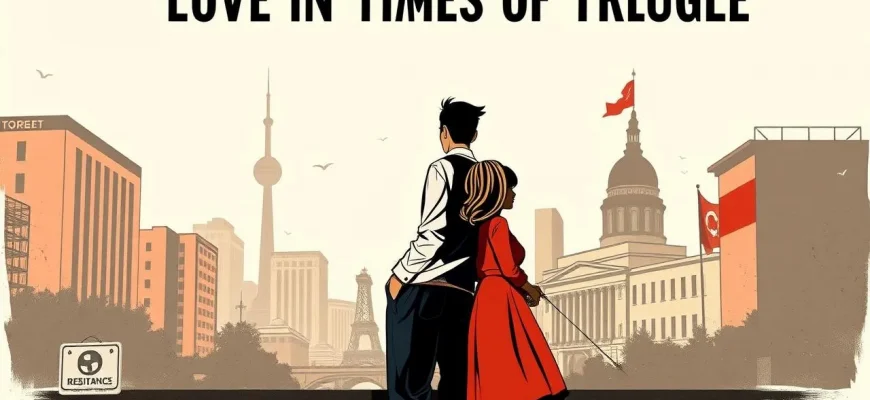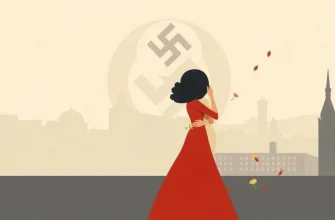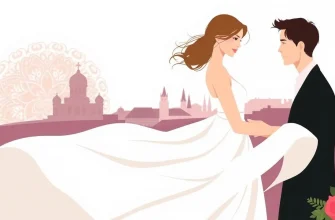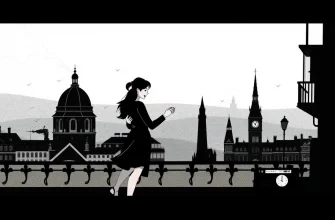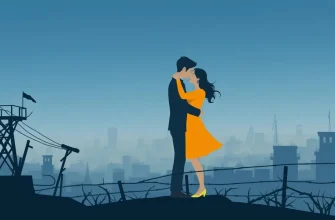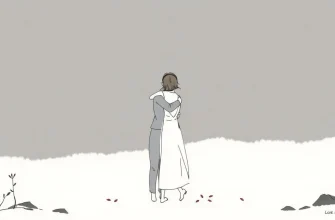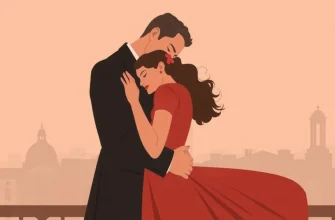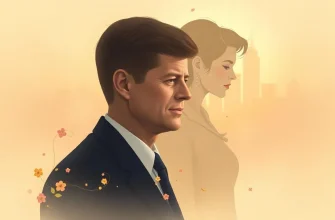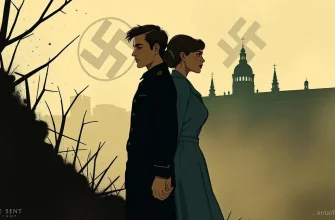In the world of cinema, melodramas often explore the depths of human emotion, and when combined with themes of resistance, they offer a unique blend of romance, struggle, and triumph. This curated list of 10 melodramas focuses on stories where love and resistance intertwine, providing viewers with not only a heartwarming narrative but also a reflection on the resilience of the human spirit. These films are perfect for those who appreciate a good love story set against the backdrop of political or social upheaval.

The Battle of Algiers (1966)
Description: While not a traditional melodrama, this film's intense portrayal of the Algerian resistance against French colonial rule includes personal stories of love and sacrifice, making it a compelling watch.
Fact: The film was shot in a documentary style to give it an authentic feel. It was banned in France for five years after its release.
 Watch Now
Watch Now 
The Pianist (2002)
Description: While primarily a story of survival, "The Pianist" also subtly weaves in elements of resistance through the protagonist's music and his connection with a German officer, showcasing the power of art in times of oppression.
Fact: The film won the Palme d'Or at Cannes and Adrien Brody won an Oscar for Best Actor. The real-life Władysław Szpilman, on whose memoir the film is based, died just before the film's release.
 Watch Now
Watch Now 
The Lives of Others (2006)
Description: This German film delves into the lives of East German citizens under surveillance by the Stasi, focusing on a playwright and his actress girlfriend, whose love story becomes a form of resistance against the oppressive regime.
Fact: The film won the Academy Award for Best Foreign Language Film. It was Ulrich Mühe's last film before his death.
 Watch Now
Watch Now 
Sophie Scholl: The Final Days (2005)
Description: This biographical film recounts the last days of Sophie Scholl, a member of the White Rose resistance group in Nazi Germany, highlighting her bravery and the love she shared with her fellow resistors.
Fact: The film uses actual transcripts from Sophie Scholl's interrogations. It was Germany's submission for the Best Foreign Language Film at the Oscars.
 Watch Now
Watch Now 
The Book Thief (2013)
Description: This film captures the life of Liesel Meminger, a young girl in Nazi Germany, who finds solace in books and forms a bond with a Jewish refugee hidden in her basement. It's a tale of resistance through literature and love.
Fact: The film was adapted from Markus Zusak's best-selling novel. The character of Death, who narrates the story, was voiced by Roger Allam.
 Watch Now
Watch Now 
Defiance (2008)
Description: Set during World War II, "Defiance" tells the true story of the Bielski partisans, who resisted Nazi occupation in Belarus. The film intertwines themes of resistance with a poignant love story amidst the chaos of war.
Fact: The film was shot in Lithuania, where many of the actual events took place. Daniel Craig and Liev Schreiber both learned Yiddish for their roles.
 Watch Now
Watch Now 
The Last Metro (1980)
Description: Set in occupied Paris during WWII, this film tells the story of a theatre troupe's struggle to keep performing while hiding a Jewish actor, blending themes of resistance with a love triangle.
Fact: The film won 10 César Awards, including Best Film. It was directed by François Truffaut, a key figure in the French New Wave cinema.
 Watch Now
Watch Now 
The Conformist (1970)
Description: This Italian film explores the life of a man who becomes an agent for Mussolini's regime, but his mission to assassinate his former professor leads to a complex web of love, betrayal, and resistance.
Fact: The film was inspired by the novel by Alberto Moravia. It features stunning cinematography by Vittorio Storaro.
 30 Days Free
30 Days Free 
The Wind That Shakes the Barley (2006)
Description: Set during the Irish War of Independence and the subsequent Civil War, this film explores the personal and political struggles of two brothers, with a love story that reflects the broader fight for freedom.
Fact: The film won the Palme d'Or at Cannes. It was controversial in the UK for its portrayal of the British forces.
 30 Days Free
30 Days Free 
The White Ribbon (2009)
Description: Set in a German village before World War I, this film explores the roots of fascism through the lens of a mysterious series of events, with a subplot of forbidden love and resistance against the oppressive regime.
Fact: Michael Haneke won the Palme d'Or for this film, his second win for this prestigious award. The film is shot in black and white to evoke the era's atmosphere.
 30 Days Free
30 Days Free 
